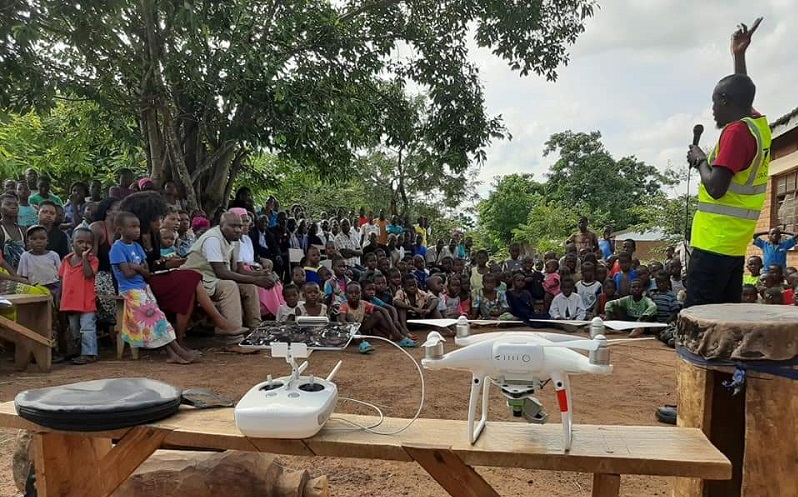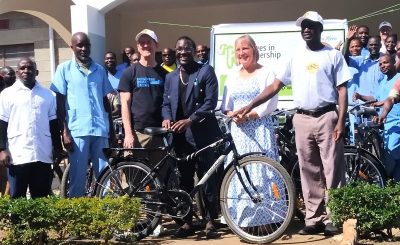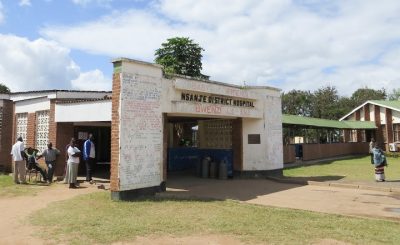The Malawi Liverpool Wellcome Trust and the Liverpool School of Tropical Medicine (LSTM) have instituted a Malaria drone (Maladrone) project in Kasungu.
The projects aim is to see if they can use pictures taken by drones to identify bodies of water where mosquitoes are laying their eggs and come up with Malaria control activities for the future.
Speaking to YONECO FM online Michelle Stanton a researcher at LSTM said the use of drones is important because it will enable them to know people who are at risk of Malaria and it saves time unlike collecting samples from water by foot.
“At the moment in Malawi there have been big reductions of Malaria but these reductions are starting to slow down so people are looking at different ways in which they can find more at risk communities so this is one method that is being used.”
According to the world health organization in 2018, children under the age of five accounted for 67% (272 000) of all malaria deaths worldwide.
The implementation of the Maladrone project is expected to reduce the burden of Malaria in the country.
Apart from using drones the research will also use mosquito traps which will be set in three villages where 30 houses will be targeted in each village.
Reacting to the development district Malaria coordinator at Kasungu district health office Alijanati Sadala said Malaria prevalence rate is high in the area and the research is a game changer.
“In our district Malaria is a burden, about 60 % of our out patients are treated of Malaria and 43% of patients admitted in the wards are Malaria cases.”
The Maladrone project which is being funded by the Wellcome Trust will run until December 2020.





